What is an IC chip used for?
Introduction:
What is an IC chip used for?Integrated Circuit (IC) chips, also known as microchips or simply ICs, are fundamental components in modern electronic devices. These miniature electronic circuits, comprised of transistors, resistors, capacitors, and other components, serve a multitude of essential functions across various industries. This article aims to explore the applications and significance of IC chips in today's electronic landscape.
Functionality and Miniaturization:
IC chips play a crucial role in enabling the functionality of electronic devices. By integrating numerous electronic components onto a single chip, they reduce the complexity and size of circuits, making it possible to create compact and highly efficient electronic systems. From consumer electronics like smartphones and laptops to complex industrial machinery and automotive systems, IC chips are the backbone of countless electronic applications.
Digital Processing:
One of the primary functions of IC chips is digital processing. These chips contain microprocessors or microcontrollers that perform a wide range of tasks, such as executing instructions, performing calculations, and managing data flow. They act as the brain of electronic devices, enabling complex operations and facilitating efficient information processing.
Memory Storage:
IC chips are extensively used for memory storage in electronic devices. They incorporate memory circuits that can store vast amounts of data, ranging from a few kilobytes to several gigabytes. Memory ICs are crucial in devices like computers, smartphones, and digital cameras, where they store operating system data, applications, files, and multimedia content.
Signal Processing:
IC chips play a vital role in signal processing, converting and manipulating various types of signals such as audio, video, and communication signals. Specialized IC chips, such as digital signal processors (DSPs), handle tasks like audio and video encoding/decoding, noise reduction, image processing, and modulation/demodulation of communication signals. They enhance the quality and performance of multimedia devices, telecommunications systems, and audio/video equipment.
Power Management:
Efficient power management is critical in electronic devices to optimize energy consumption and extend battery life. IC chips designed for power management purposes integrate voltage regulators, power switches, and other circuitry to efficiently distribute and regulate power supply. These chips enable devices to operate under varying power conditions, protect against power surges, and conserve energy.
Sensor Interface and Control:
IC chips serve as interfaces between electronic systems and various sensors. They receive signals from sensors, amplify, filter, and process them to extract meaningful information. Additionally, IC chips provide control functions, enabling communication and coordination between sensors, actuators, and the overall electronic system. This functionality is crucial in applications such as environmental monitoring, healthcare devices, robotics, and automotive systems.
Conclusion:
IC chips have revolutionized the world of electronics, enabling the creation of powerful, compact, and efficient electronic devices across industries. With their diverse applications in digital processing, memory storage, signal processing, power management, sensor interface, and control, IC chips have become an integral part of our daily lives. As technology continues to advance, IC chips will play an even more significant role, driving innovation and shaping the future of electronics.

















